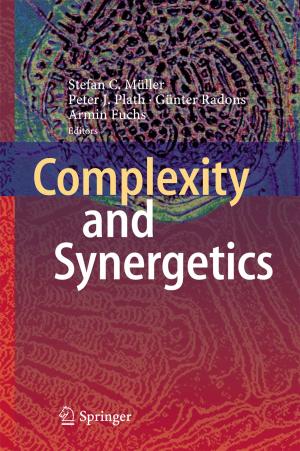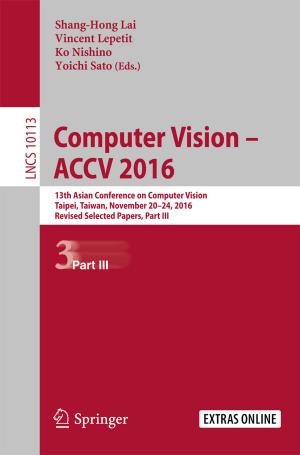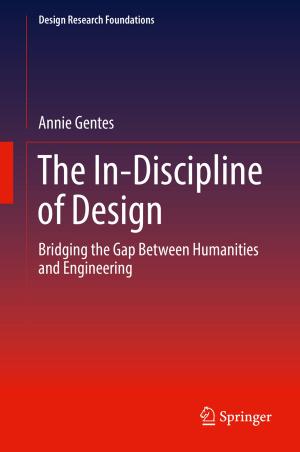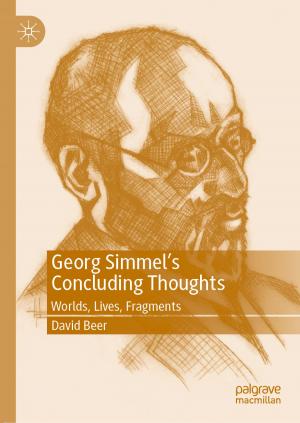Colonial Theories of Institutional Development
Toward a Model of Styles of Imperialism
Business & Finance, Economics, International Economics| Author: | Daniel Oto-Peralías, Diego Romero-Ávila | ISBN: | 9783319541273 |
| Publisher: | Springer International Publishing | Publication: | March 23, 2017 |
| Imprint: | Springer | Language: | English |
| Author: | Daniel Oto-Peralías, Diego Romero-Ávila |
| ISBN: | 9783319541273 |
| Publisher: | Springer International Publishing |
| Publication: | March 23, 2017 |
| Imprint: | Springer |
| Language: | English |
This book analyzes the role played by initial endowments and colonizer identity in seeking to explain institutional development in former colonies. It presents a model of two styles of imperialism that integrates the colonial origin and endowment views explaining current institutions. The authors argue that Great Britain and Portugal adopted an ‘economically-oriented’ style, which was pragmatic and sensitive to initial conditions. For this style of imperialism the endowment view is applicable. In contrast, France employed a ‘politically-oriented’ style of imperialism, in which ideological and political motivations were more present. This led to a uniform colonial policy that largely disregarded initial endowments. In turn, the case of Spain represents a hybrid of the two models. The empirical analysis presented here reveals a remarkable degree of heterogeneity in the relationship of endowments and colonizer identity with current institutions.
This book analyzes the role played by initial endowments and colonizer identity in seeking to explain institutional development in former colonies. It presents a model of two styles of imperialism that integrates the colonial origin and endowment views explaining current institutions. The authors argue that Great Britain and Portugal adopted an ‘economically-oriented’ style, which was pragmatic and sensitive to initial conditions. For this style of imperialism the endowment view is applicable. In contrast, France employed a ‘politically-oriented’ style of imperialism, in which ideological and political motivations were more present. This led to a uniform colonial policy that largely disregarded initial endowments. In turn, the case of Spain represents a hybrid of the two models. The empirical analysis presented here reveals a remarkable degree of heterogeneity in the relationship of endowments and colonizer identity with current institutions.















